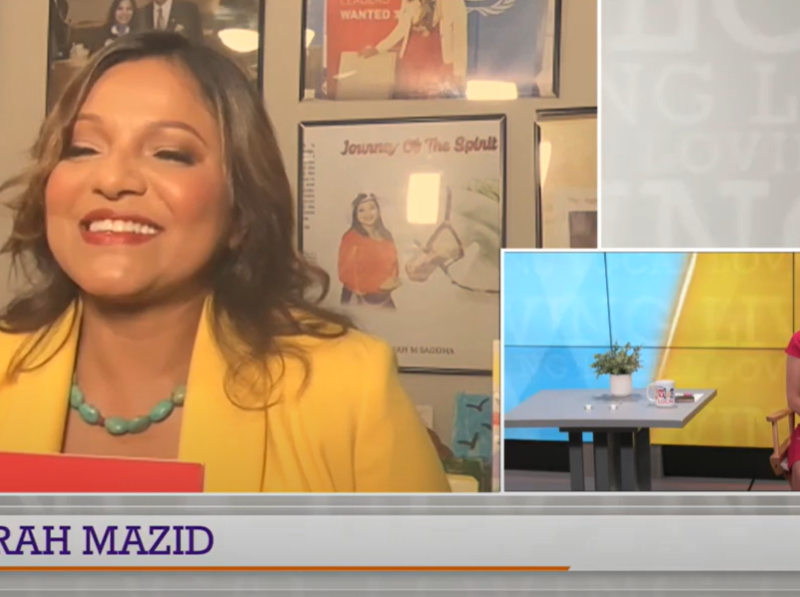A US citizen died from the coronavirus in Wuhan, China, American officials said on Saturday. It was the first known American death from the illness, and was likely to add to diplomatic frictions over Beijing’s response to the epidemic.
The death is also certain to raise questions over whether the Trump administration and the State Department in particular have taken sufficient action to ensure the safety of Americans in China and to aid in the evacuation of those who want to leave.
In a statement, the State Department took a defensive tone, saying that since Jan 29, it had evacuated around 850 people, most of them Americans, on five charter flights out of Wuhan.
The agency said it had “no higher priority than the welfare and safety of US citizens abroad,” but there are no current plans to conduct additional evacuation flights, even as some Americans in other parts of China have been asking for the US government to evacuate them.
Relations between Washington and Beijing have been tense for years on a number of issues, including trade, technology and human rights. And while Chinese officials have publicly touted the importance of international cooperation to combat the virus, doubts have arisen in recent days about China’s willingness to accept a helping hand — particularly from the United States.
Few details about the American, who died on Thursday, were immediately available. According to the US Embassy in Beijing, the person was 60 years old and died at Jinyintan Hospital in Wuhan, the inland metropolis at the centre of the epidemic. Two people familiar with the matter said the person was a woman and had underlying health conditions.
The US government has been evacuating many of its diplomats and other citizens from Wuhan, which Chinese authorities have locked down in an effort to contain the spread of the virus. It could not immediately be learned whether the American who died had tried to leave the city on any of the flights organised by the State Department.
“We offer our sincerest condolences to the family on their loss,” said a spokesman for the US Embassy in Beijing. “Out of respect for the family’s privacy, we have no further comment.”
Word of the death came out as frustrations about Beijing’s handling of the epidemic, which has already provoked outrage and criticism within China, were beginning to emerge at the diplomatic level as well. The virus has killed at least 700 people in China, sickened thousands more and spread across the globe.
For more than a month, the US Centres for Disease Control and Prevention have been offering to send a team of experts to China to observe the outbreak and help if possible. But no invitation has come.
The World Health Organisation, which made a similar offer about two weeks ago, appeared to be facing the same cold shoulder, though a spokeswoman said it was just “sorting out arrangements.”
Current and former health officials and diplomats said they believed the reluctance came from China’s top leaders, who do not want the world to think they need outside help.
Within China, public discontent about the government’s response to the crisis reached an extraordinary new peak on Friday after the death of Dr Li Wenliang, who had warned his colleagues early on about the new virus but was reprimanded for spreading rumours.
After Li’s death, grieving internet users posted messages expressing anger about the way he had been treated and even demanding freedom of speech — unheard-of in China’s authoritarian political system.
Communist Party officials said on Friday that they would send a team from the powerful anti-corruption committee to investigate the circumstances surrounding Li’s death. Chinese state news media also reported on Saturday that the government was sending two senior officials to Wuhan to reinforce efforts to bring the outbreak under control.
It was not immediately clear if the appointments on Saturday amounted to a reshuffling of the local leadership or were simply an effort to reinforce officials on the front line. Still, it appeared to be an acknowledgment that authorities in Wuhan had been overwhelmed.
Japan also said on Saturday that one of its citizens had died in a Wuhan hospital from a suspected case of the coronavirus. But the Japanese Foreign Ministry said that based on information it received from Chinese authorities, it could not confirm whether the man, who was in his 60s, had been infected with the new virus. The ministry called the cause of death viral pneumonia.
China’s Foreign Ministry said this past week that as of noon on Thursday, 19 foreign nationals in the country had been confirmed to be infected with the coronavirus. Two of them had recovered and were discharged from the hospital. The other 17 were still receiving treatment.
As the virus spreads, China is confronting a growing sense of isolation — a stark reversal for the country after decades of economic and diplomatic integration with the rest of the world. Many countries, including the United States, have placed entry restrictions on travellers from China. Airlines have cancelled flights. Fears of the virus have fuelled anti-Chinese racism in some parts of the world.
Chinese officials have criticised the United States both for evacuating Americans from China and for imposing travel curbs, saying that such moves could spread panic. On Friday, President Donald Trump and Secretary of State Mike Pompeo each appeared to be trying to ease tensions.
Pompeo said that the United States was prepared to spend up to $100 million in existing funds to help China and other countries fight the epidemic. Pompeo also said that the State Department had helped transport about 18 tons of donated medical supplies, including masks, gowns and gauze, to the people of China in the past week.
Trump praised China’s handling of the crisis on a phone call with China’s top leader, Xi Jinping, on Friday. And in a pair of Twitter posts, Trump said Xi was leading “what will be a very successful operation.”
But other American officials have quietly voiced concerns about China’s response to the epidemic. And the confirmation on Friday that repeated offers of help to China had been ignored only deepened the sense of worry.
Alex Azar, the US secretary of health and human services, said at a news briefing on Friday that he had recently reiterated the CDC offer to his Chinese counterpart, Dr Ma Xiaowei.
Asked about the holdup, Azar said: “It’s up to the Chinese. We continue to expect fully that President Xi will accept our offer. We’re ready and willing and able to go.”






















